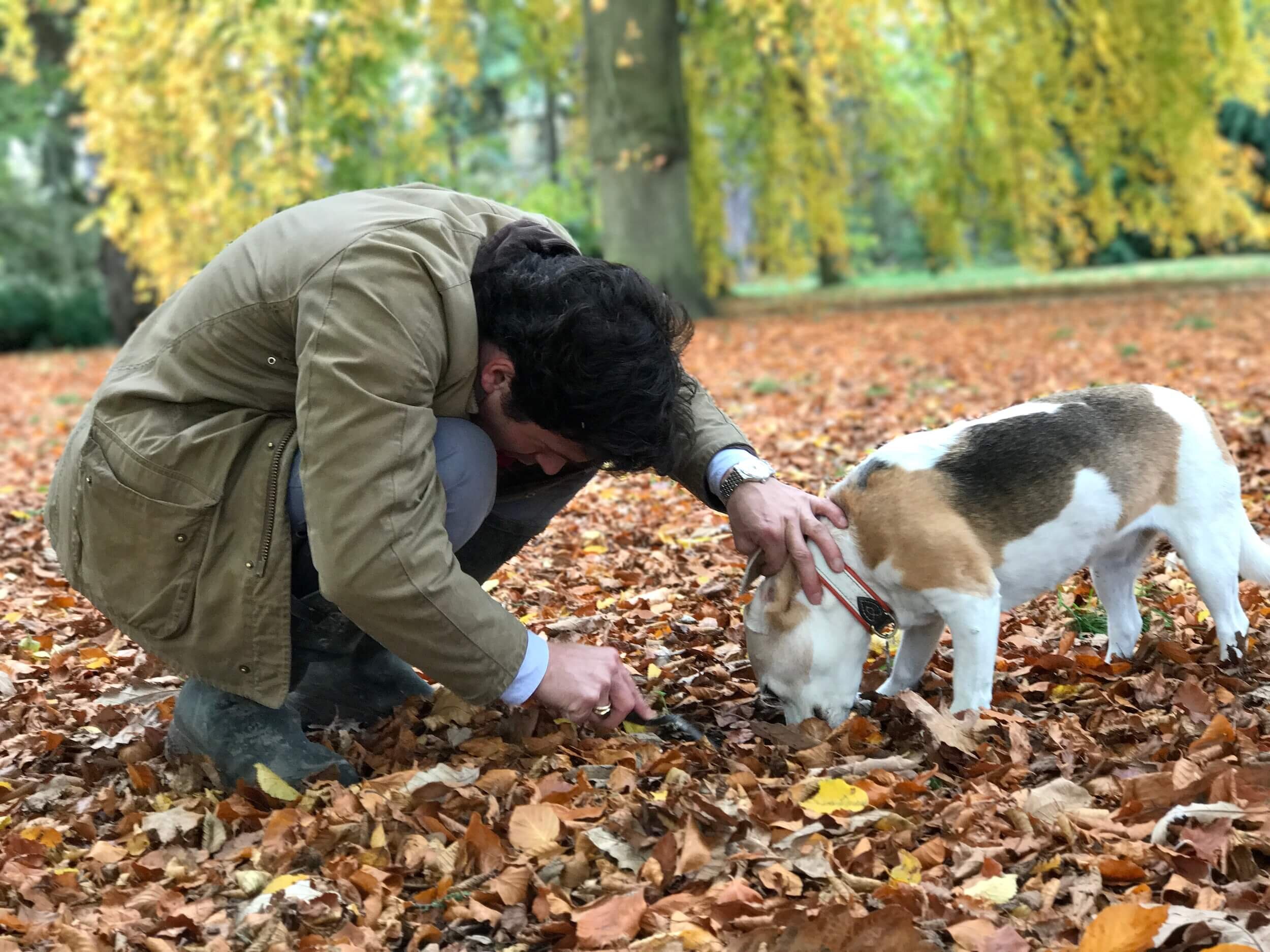
Podium Discussion (German): Grenzen der Wissenschaftskommunikation im Klimawandel
Location: Plenarsaal at the ZiF (Center for Interdisciplinary Research), Bielefeld, Germany
Date: 11 May 2022, 19:00
In the context of the cooperation group VOLCANOES, CLIMATE AND HISTORY

Plants in the UK flower a month earlier under recent warming
Using a citizen science database with records going back to the mid-18th century, a research team led by the University of Cambridge has found that the effects of climate change are causing plants in the UK to flower one month earlier under recent global warming. This could have profound consequences for wildlife, agriculture and gardeners.

“Die Kurvendiskussion”. Interview in Welt am Sonntag (in German)
Interview (in German) published in Welt am Sonntag

Precise date for the Laacher See eruption synchronizes the Younger Dryas
The Laacher See eruption (LSE) in Germany ranks among Europe’s largest volcanic events of the Upper Pleistocene. Here we present dendrochronological and radiocarbon measurements of subfossil trees that were buried by pyroclastic deposits that firmly date the LSE to 13,006 ± 9 calibrated years before present (BP; taken as AD 1950), which is more than a century earlier than previously accepted.

The influence of decision-making in tree ring-based climate reconstructions
Tree-ring chronologies underpin the majority of annually-resolved reconstructions of Common Era climate. However, they are derived using different datasets and techniques, the ramifications of which have hitherto been little explored.

Climate and environmental context of the Mongol invasion of Syria and defeat at ‘Ayn Jālūt (1258–60 CE)
After a successful conquest of large parts of Syria in 1258 and 1259 CE, the Mongol army lost the battle of 'Ayn Jālūt against Mamluks on September 3, 1260 CE. Despite decades of research, scholars have not yet reached consensus over the causes of the Mongol reverse. Here, we revisit previous arguments in light of climate and environmental changes in the aftermath of one the largest volcanic forcings in the past 2500 years, the Samalas eruption ~1257 CE.

Arctic aerosols and the ‘Divergence Problem’ in dendroclimatology
Considering the importance and complexity of natural (e.g., volcanic eruptions and wildfires) and anthropogenic (e.g., mining, oil and shipping industries) aerosol emissions to Arctic warming is particularly timely given the recent temperature extremes recorded at high-northern latitudes.

Ulf Büntgen among world’s top climate scientists according to Reuters
The Reuters Hot List of the world’s top climate scientists has been published and I feel honored to have been included.
Science in silence
Intellectual and cultural benefits from extended periods of self-isolation have a long history. The ongoing decline in academic freedom, however, distinguishes the coronavirus disease from previous crises.

Recent European drought extremes beyond Common Era background variability
European oak trees reconstruct summer climate over 2,110 years. Drought conditions since 2015 suddenly intensified, beyond anything in the past two thousand years.

No mere truffle: could this delicacy be growing in your back garden?
Article by Jane Owen published in Financial Times, 13 March 2021, featuring truffle research. It is also a wonderful tribute to Lucy (2005-2020).

Prominent role of volcanism in Common Era climate variability and human history
Volcanoes have played a larger role in natural temperature variability than previously thought, and their climatic effects may have contributed to past societal and economic change.

Ecological and conceptual consequences of Arctic pollution
The largest-ever study of tree rings from Norilsk in the Russian Arctic has shown that the direct and indirect effects of industrial pollution in the region are far worse than previously thought.

Illuminating the Hidden Kingdom of the Truffle
Documentary film by the University of Cambridge on truffle research. Lucy (2005-2020) on the hunt for truffles in the Botanic Garden Cambridge.

Silent Witnesses or Lord of the Rings
What connects a series of volcanic eruptions and severe summer cooling with a century of pandemics, human migration and the rise and fall of civilisations? -Trees

Cooling and societal change during the Late Antique Little Ice Age from 536 to around 660 AD
LALIA "Late Antique Little Ice Age" in connection with the Justinian plague pandemic and the decline of the eastern Roman Empire.
